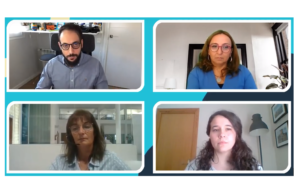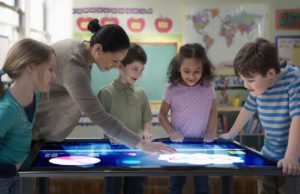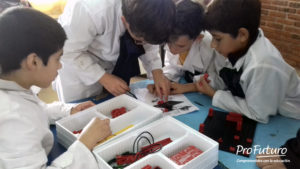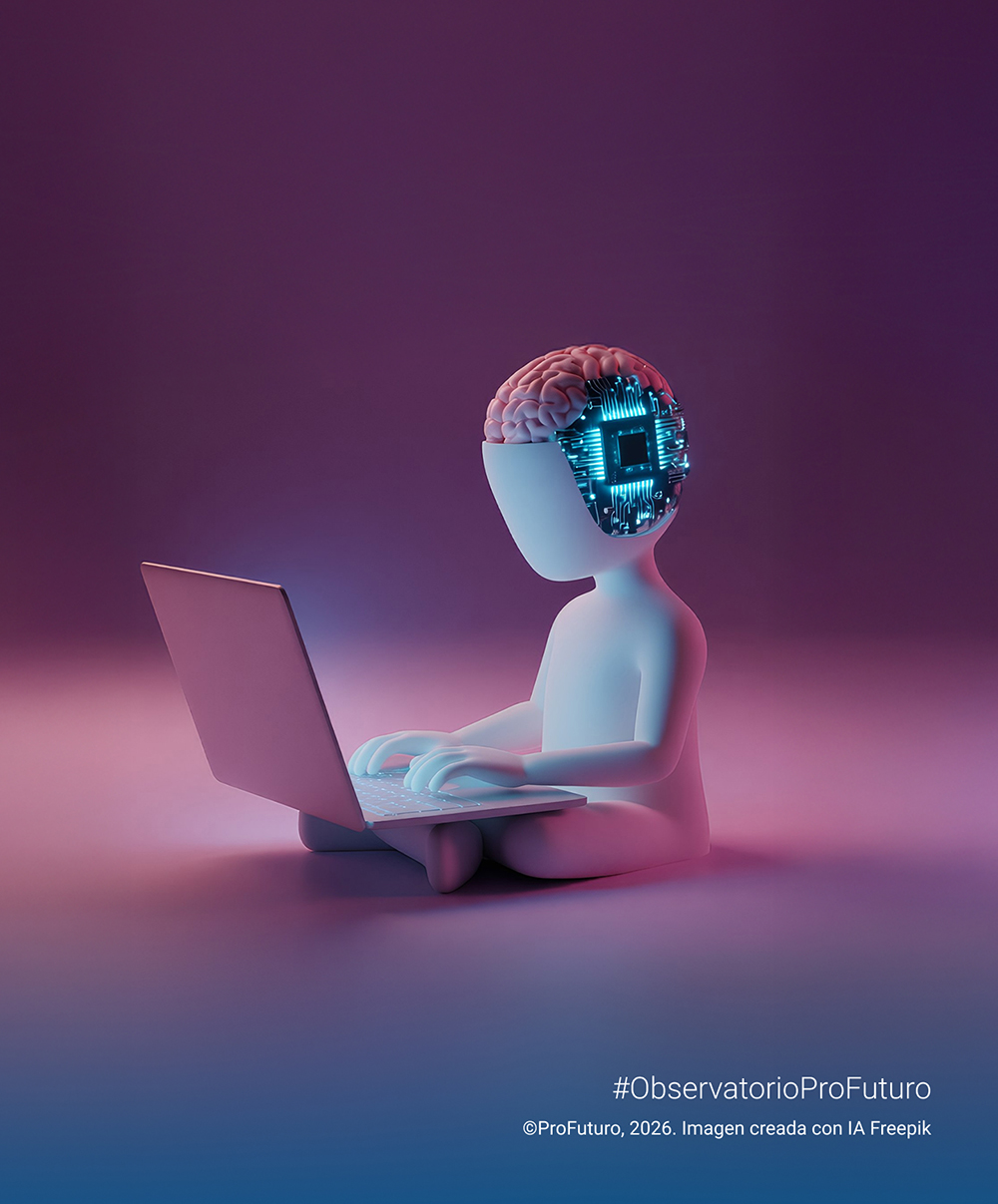Computational thinking: keys, challenges and experiences in schools

Why is computational thinking so important today? How can we adapt it to vulnerable situations so that no child is left behind? How do teachers tackle the process of incorporating computational thinking into their teaching practices? In this interesting conversation, experts reveal some of the keys to computational thinking and the education proposals we have brought to our schools.
Computational thinking or when thinking like a machine makes us more human

Computational thinking contributes to the development of skills that will help children to function smoothly in today’s and tomorrow’s society. It is also particularly useful for changing problematic realities in vulnerable contexts. In this post we explain how and why.
What’s the matter with maths?

Galileo referred to maths as the alphabet with which the universe was written, and it’s true to say that it’s the key to deciphering and interpreting the world around us. Particularly now that artificial intelligence and its entire digital ecosystem have achieved things that were unimaginable just a few years ago. However, the data tell us that something is wrong. Maths should be thrilling, but it’s tedious for most of the world’s students (or even dreaded by them). It should help us to understand the world, but we bore our children by making them do calculations ad nauseam. The world has changed, but the way maths is taught hasn’t. What can we do to remedy this situation?
ROBOTIC: computational thinking and the use of soft skills

The use of robotics in education not only leads to the development of computing skills, but also contributes to creative abilities, establishes experimentation dynamics and spontaneously creates the need for collaborative work to solve a problem posed in the context of a specific learning objective.
Oráculo matemágico: when mathematics becomes a game for children

Students are bored by maths. This is an indisputable fact that has been the case for as long as the world has existed. But we can change that and, in fact, we are. It’s no coincidence that projects have arisen with the aim of solving this problem from many different places: Khan Academy, UNICOOS, etc.; the Oráculo Matemágico is one of them: an innovative way of teaching Maths through playing.






